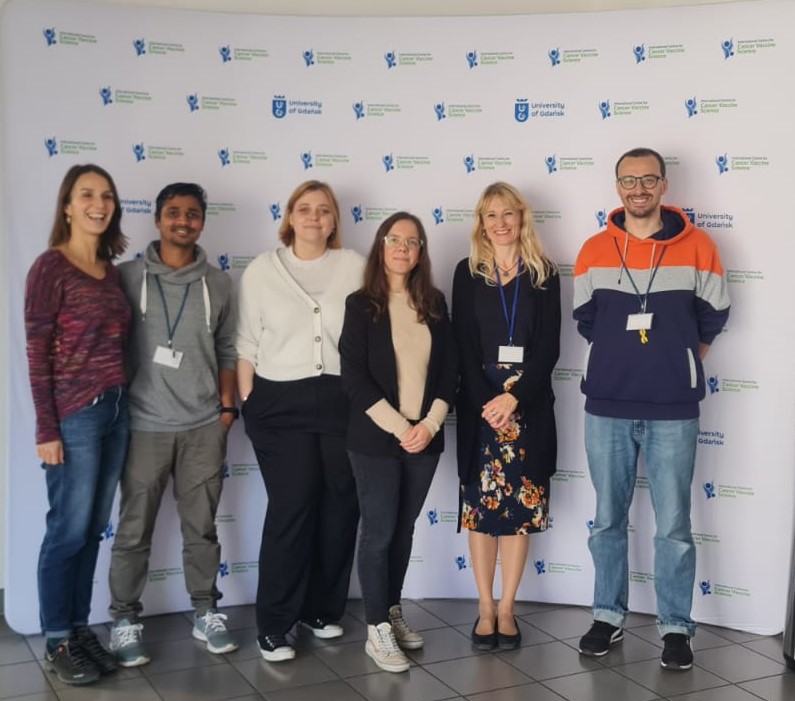The ICCVS Team has recently attended the COST Action IMMUNO-model CA21135 annual conference in Warsaw, Poland (13th-14th May 2025). The initiative aims to foster research and innovation in the field of preclinical immuno-oncology models, advancing cancer treatment for patients by improving their outcomes and quality of life. IMMUNO-model brings together European researchers from diverse sectors (academia, clinical, industry) with the common goal of establishing a network that endorses immuno-oncology research by specifically promoting the sharing, standardization, and application of immunotherapy preclinical models. The meeting has opened several collaborative opportunities for the clinical peptidomics group in the fields of cytokines, secretome analysis, immunopeptidome analysis for glycopeptides, 2D/3D model proteomics, peptide/protein biomarker discovery, and further development of in silico modeling.
In addition, this Action will enable the establishment of a broad, creative, and collaborative hub through the organization of community-building activities, the creation of synergies among European and non-European scientists, and the training of future researchers in the field. This Action aims to contribute to translating novel scientific discoveries into benefits for cancer patients and society. ICCVS Team, including prof. Natalia Marek-Trzonkowska, dr hab. eng. Monikaben Padariya, dr Anna Biernacka, and dr Sachin Kote actively participated in the keynote speaker and poster presentation sessions, initiating collaborative opportunities. The efforts of the COST action will enhance the design of in vitro and in vivo experiments in the cancer field, thereby overcoming the limitations previously encountered in cancer immunotherapy.
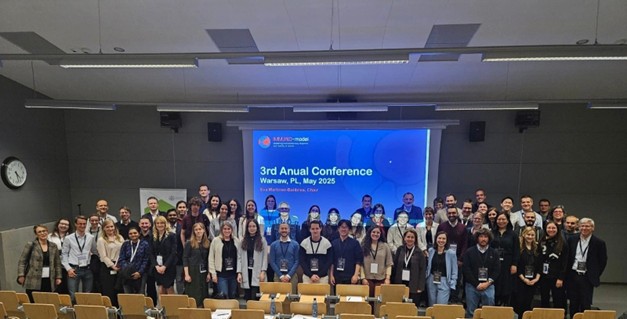
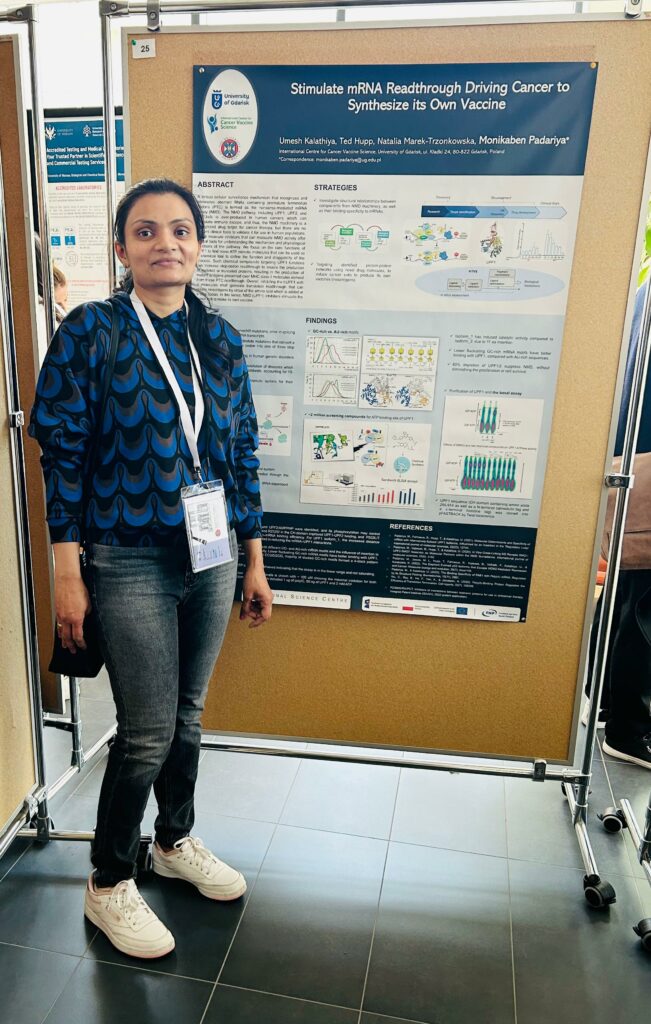
The participation was financed by COST and CANVAS project.

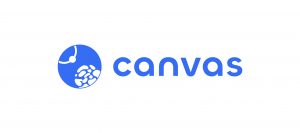


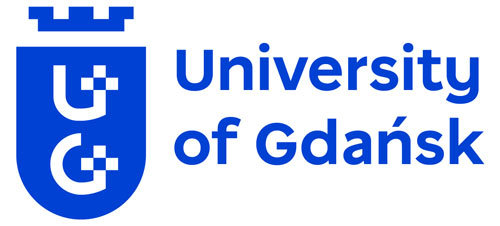





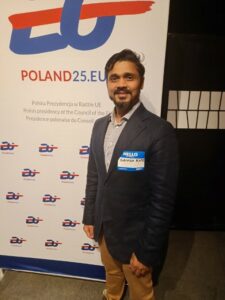
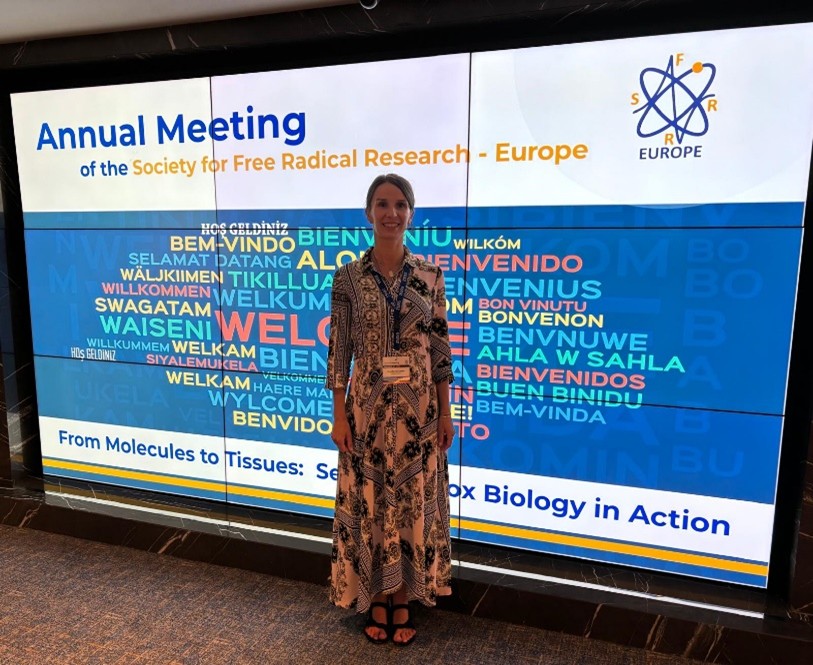
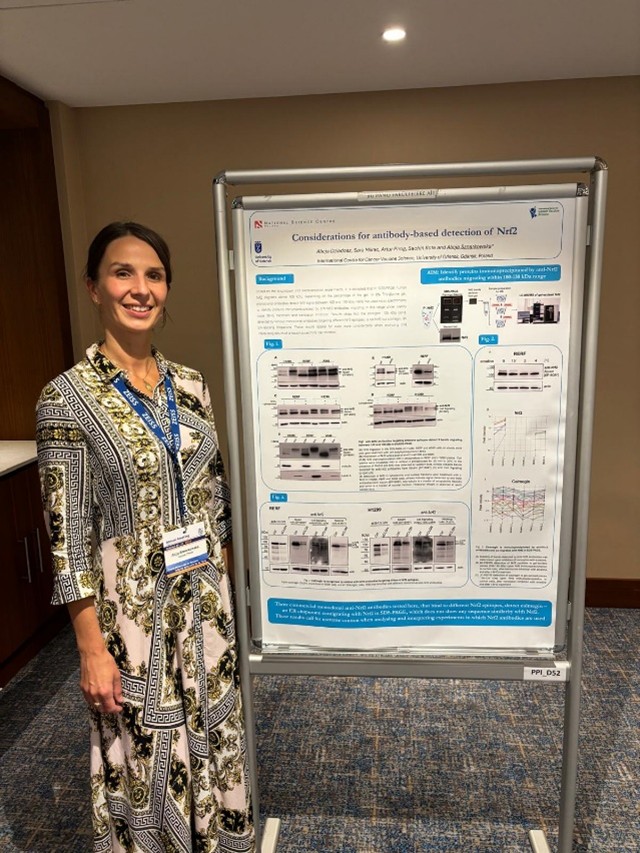
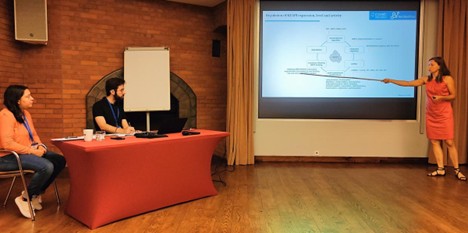
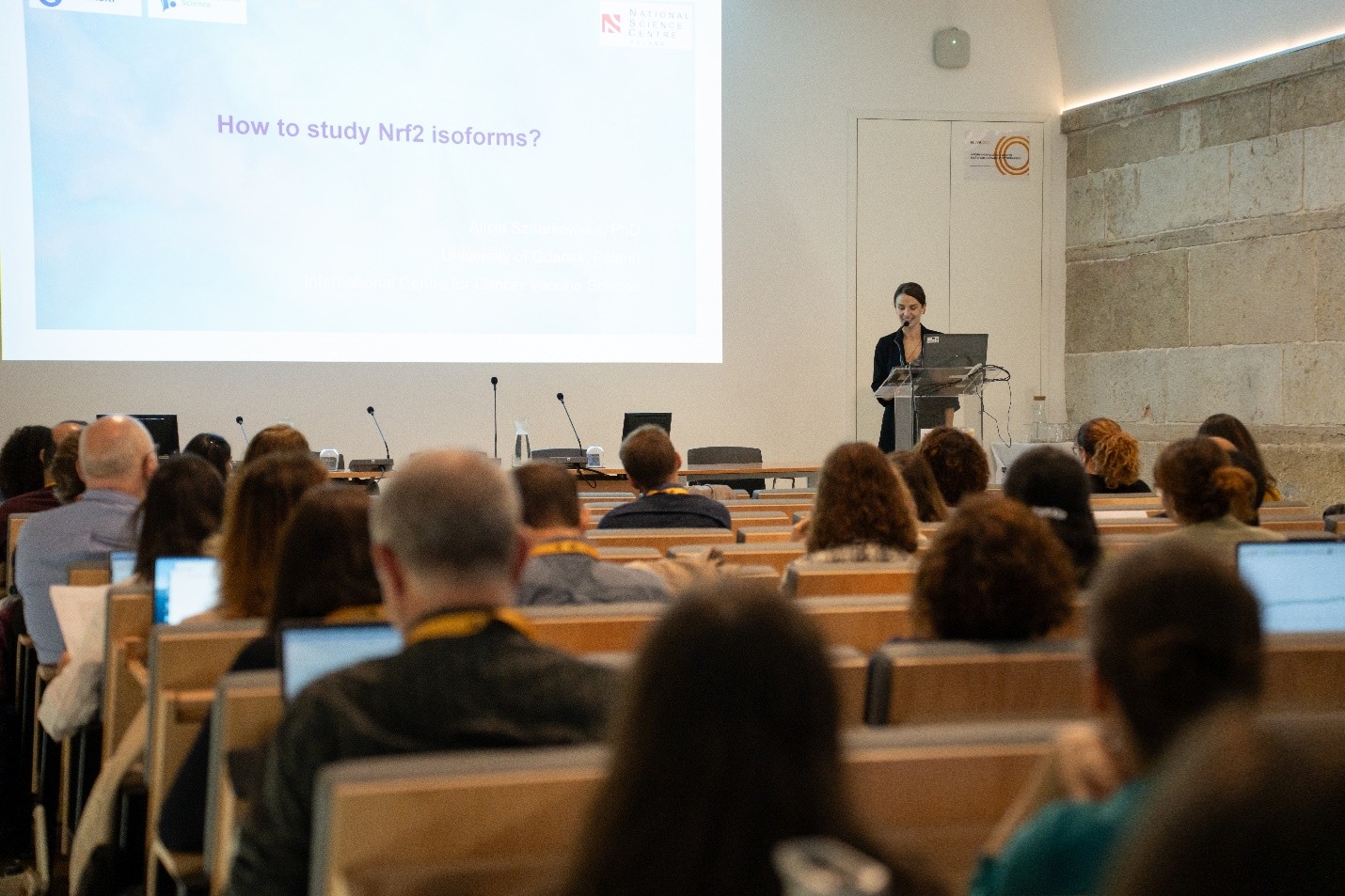

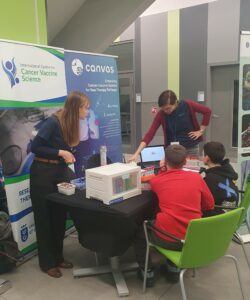
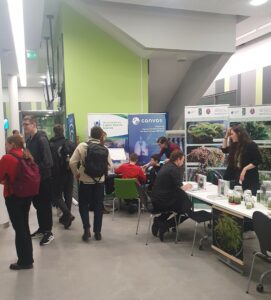
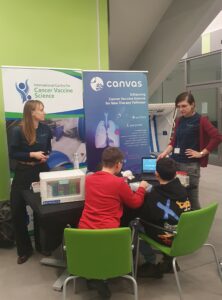
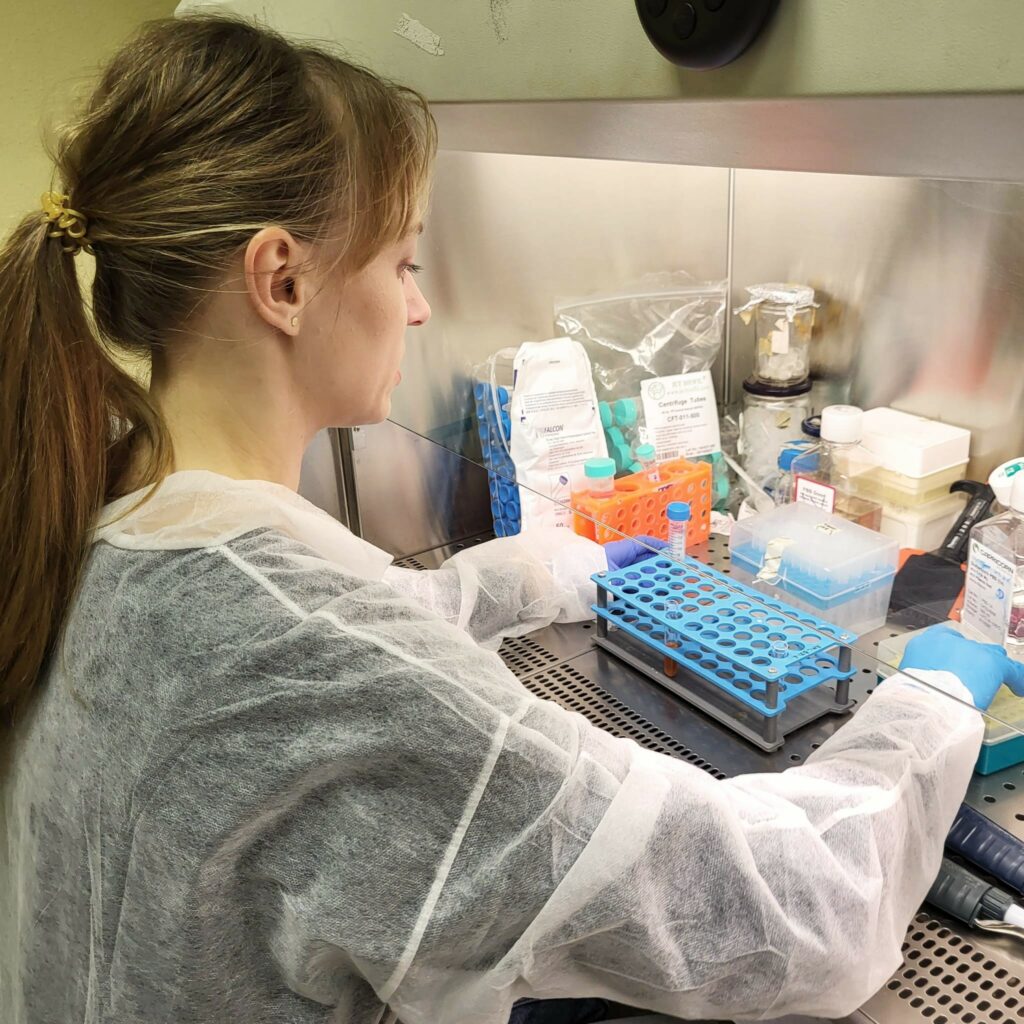
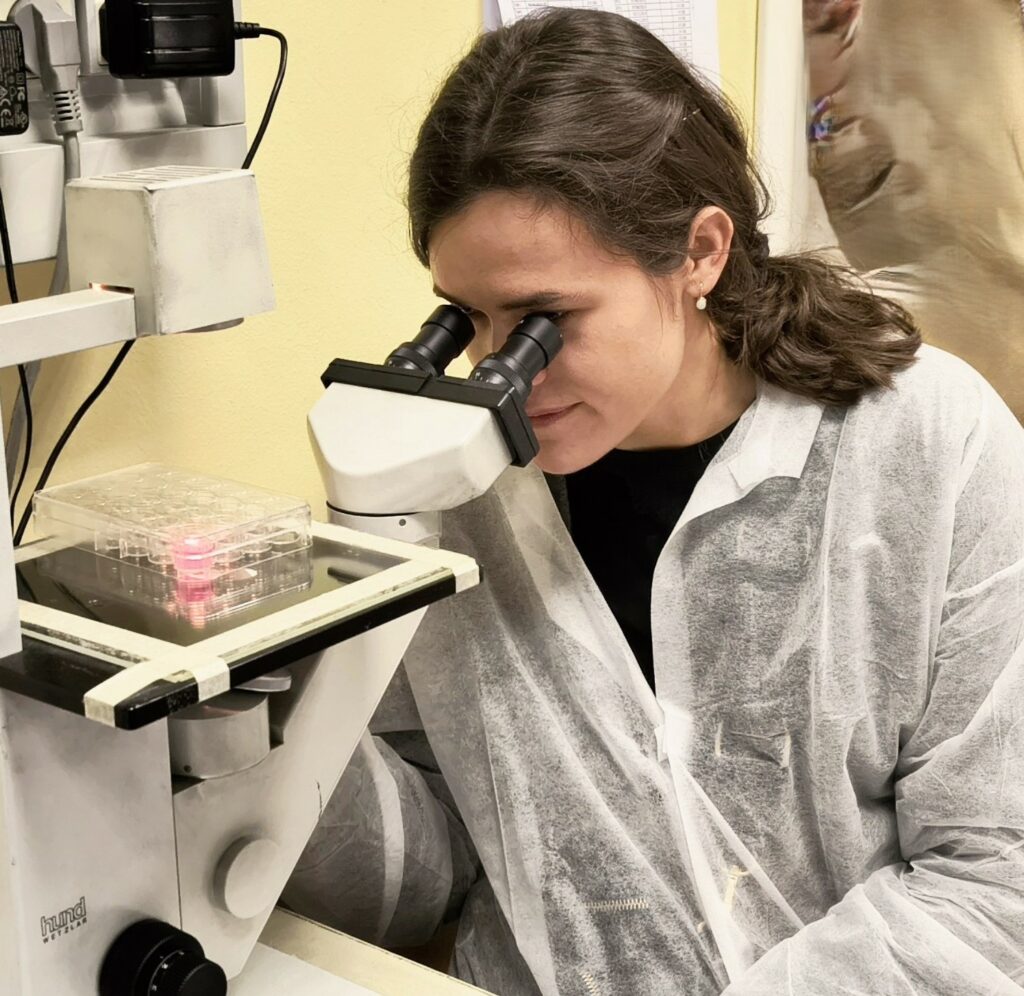
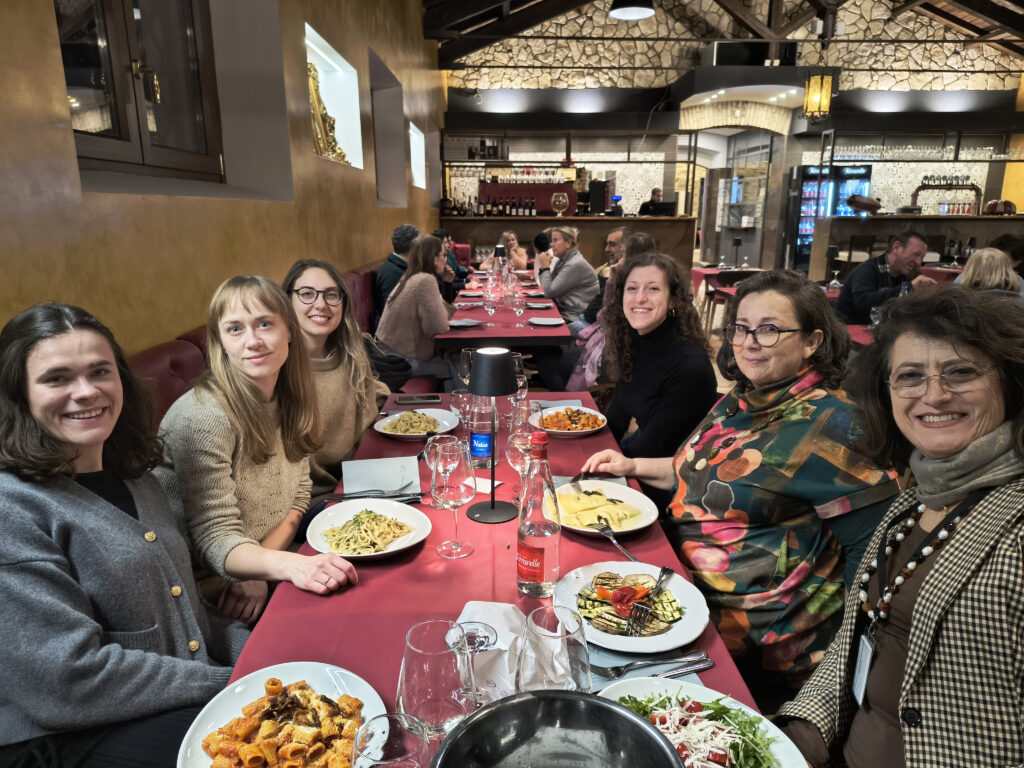




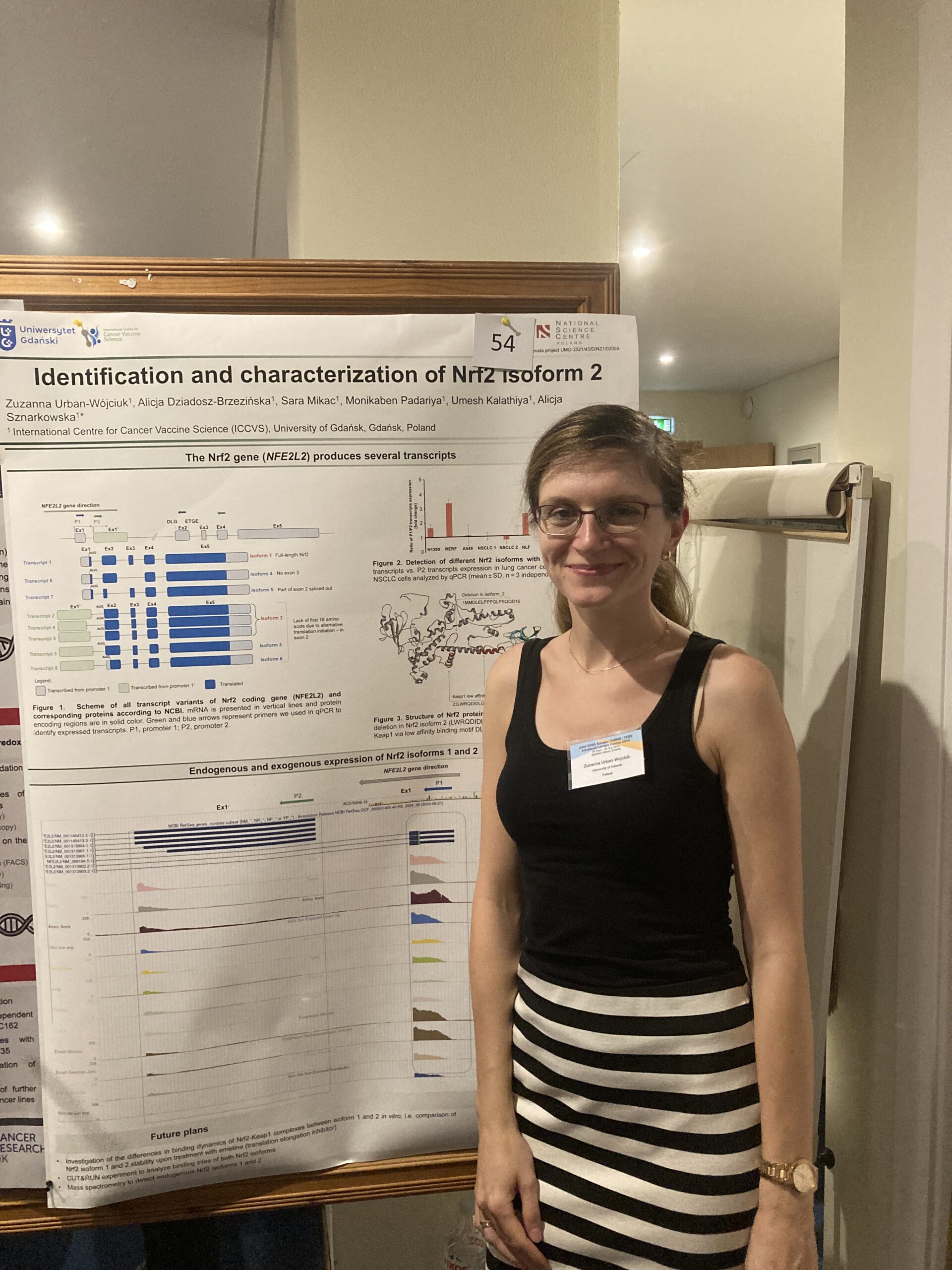
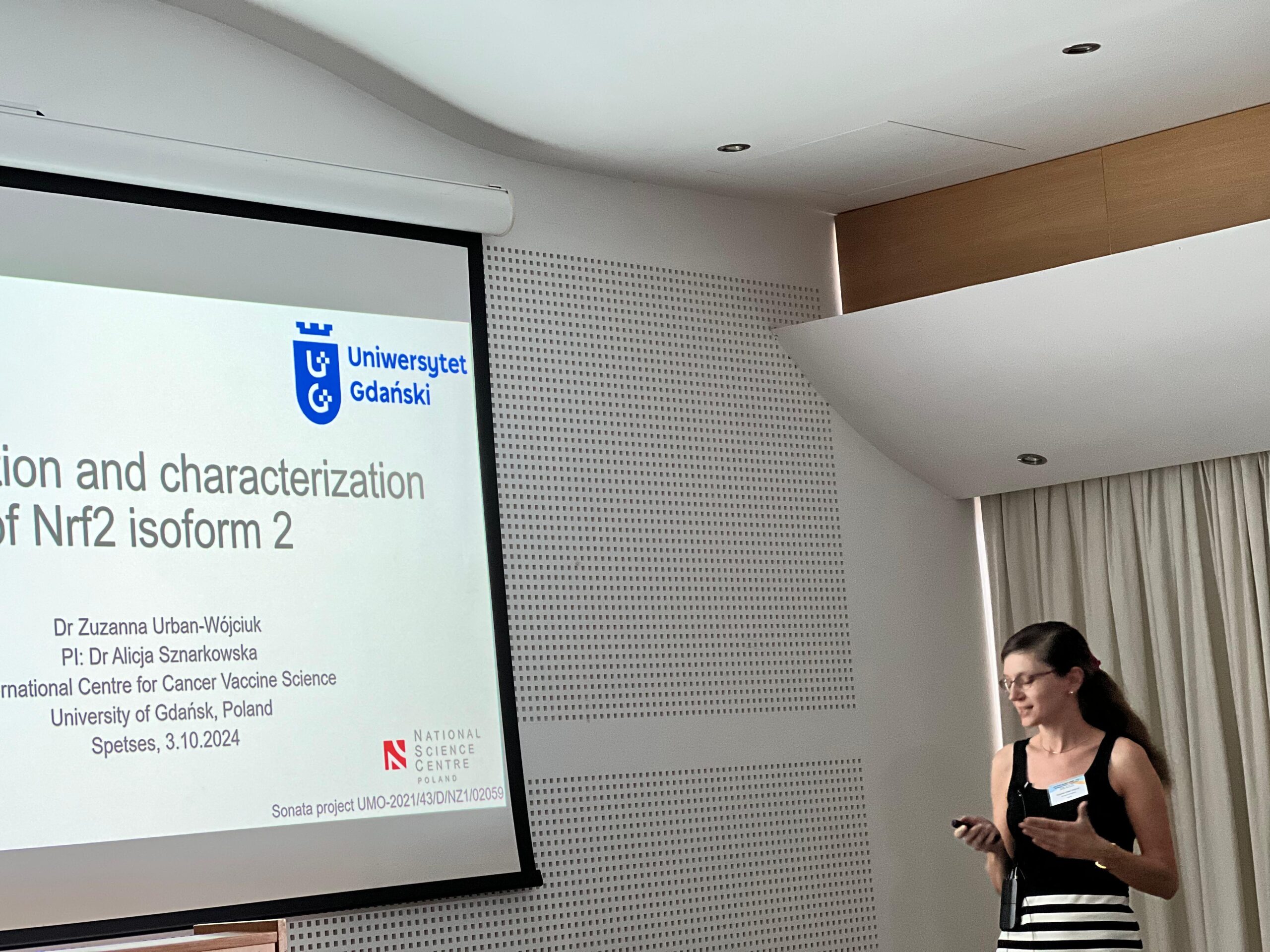
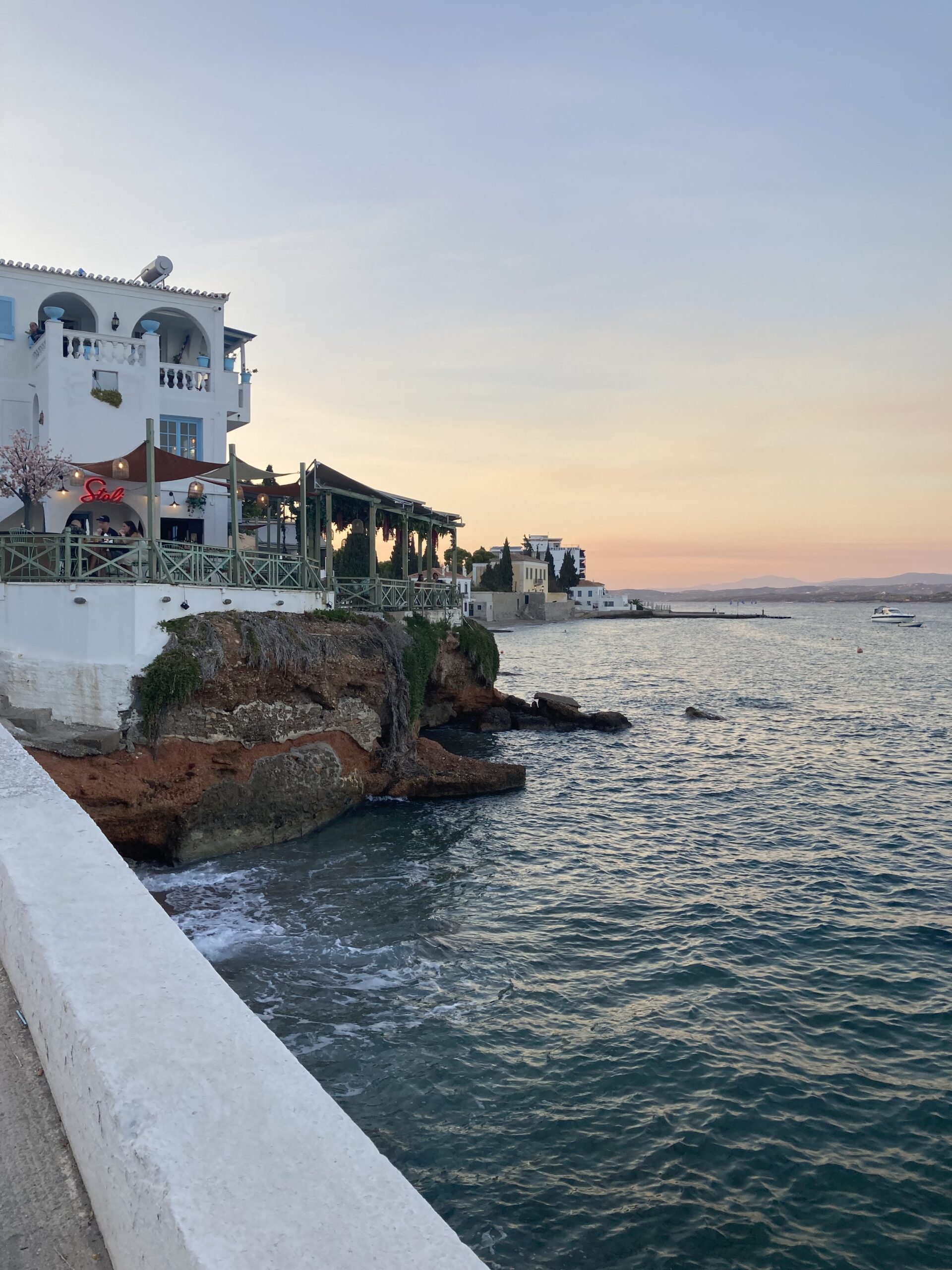
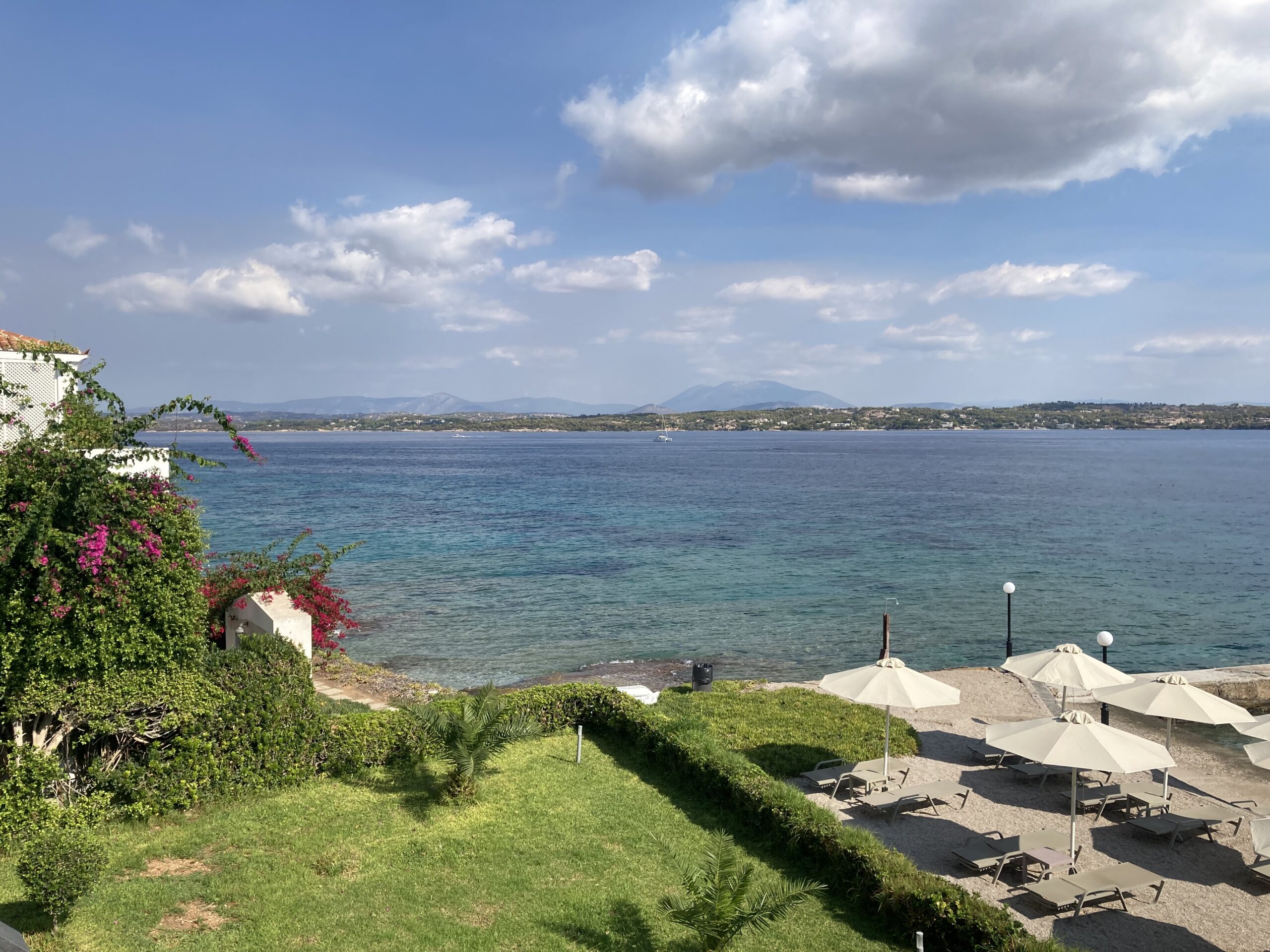
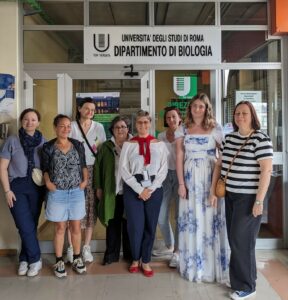 The visit to our Italian partner institution took place in April. During five packed days, our team had the chance to delve into a wide range of topics, including best practices in research funding acquisition and proposal writing, practical aspects of laboratory management, support for international students and staff, and information and marketing processes. Particularly engaging discussions revolved around critical areas such as laboratory waste management, ordering reagents, managing reagents and consumables, and equipment booking systems. After full working days, we also had the chance to explore the historic spots of the beautiful and ever-vibrant city of Rome.
The visit to our Italian partner institution took place in April. During five packed days, our team had the chance to delve into a wide range of topics, including best practices in research funding acquisition and proposal writing, practical aspects of laboratory management, support for international students and staff, and information and marketing processes. Particularly engaging discussions revolved around critical areas such as laboratory waste management, ordering reagents, managing reagents and consumables, and equipment booking systems. After full working days, we also had the chance to explore the historic spots of the beautiful and ever-vibrant city of Rome.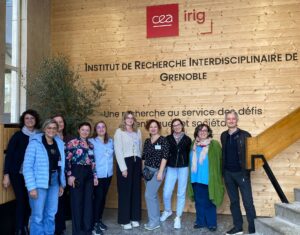 In October, we were delighted to join our French colleagues at CEA in Grenoble. The city welcomed us with stunning weather and breathtaking views of the Alpine mountains. During this inspiring three-day visit, we learned a great deal about CEA’s innovative work, visited impressive showrooms and laboratories, and connected with highly engaged professionals eager to share their knowledge. Key topics discussed included digital management of reagents, electronic lab books, intellectual property management, working hours declaration tools, and advocacy activities at the EU level.
In October, we were delighted to join our French colleagues at CEA in Grenoble. The city welcomed us with stunning weather and breathtaking views of the Alpine mountains. During this inspiring three-day visit, we learned a great deal about CEA’s innovative work, visited impressive showrooms and laboratories, and connected with highly engaged professionals eager to share their knowledge. Key topics discussed included digital management of reagents, electronic lab books, intellectual property management, working hours declaration tools, and advocacy activities at the EU level.